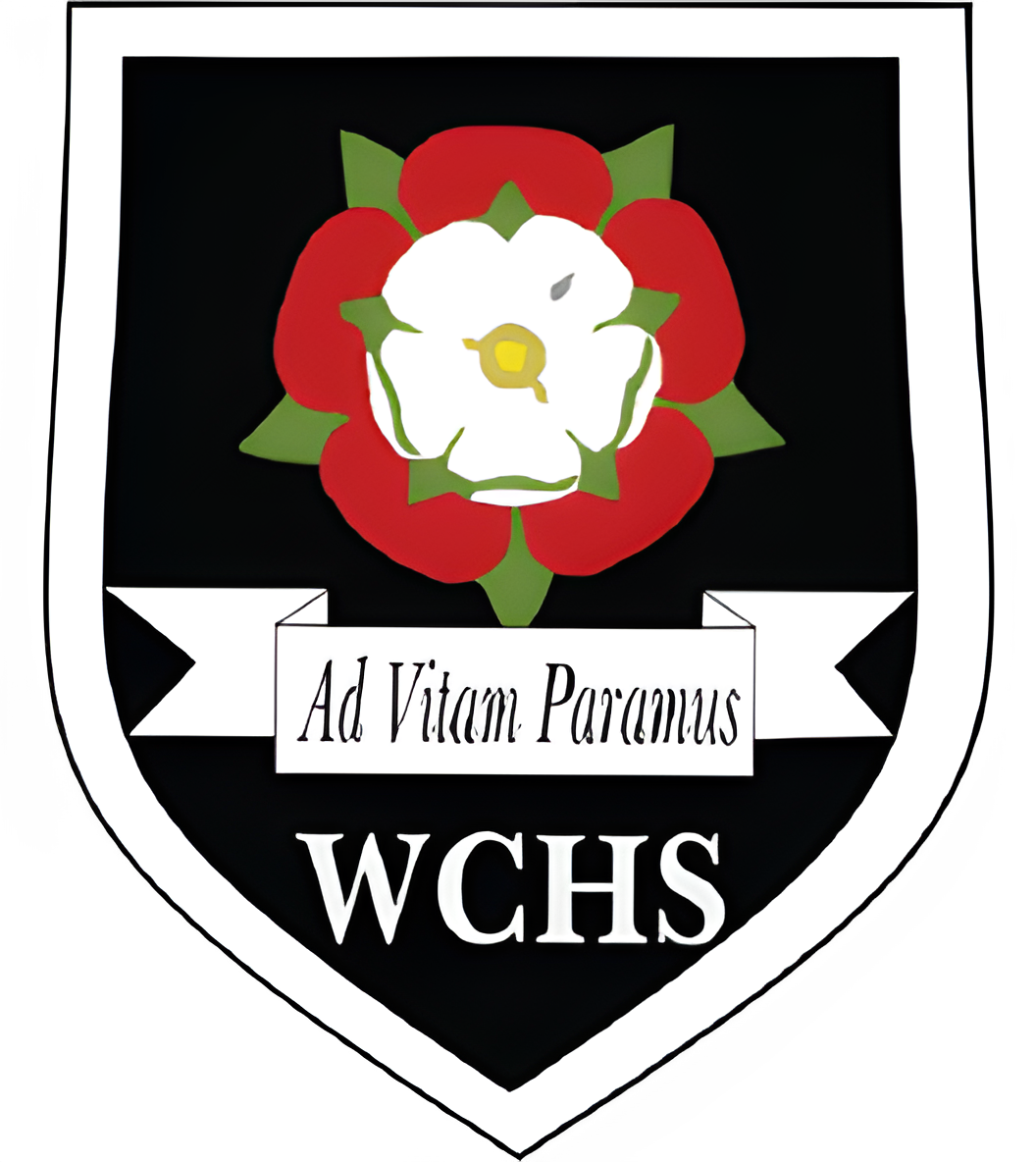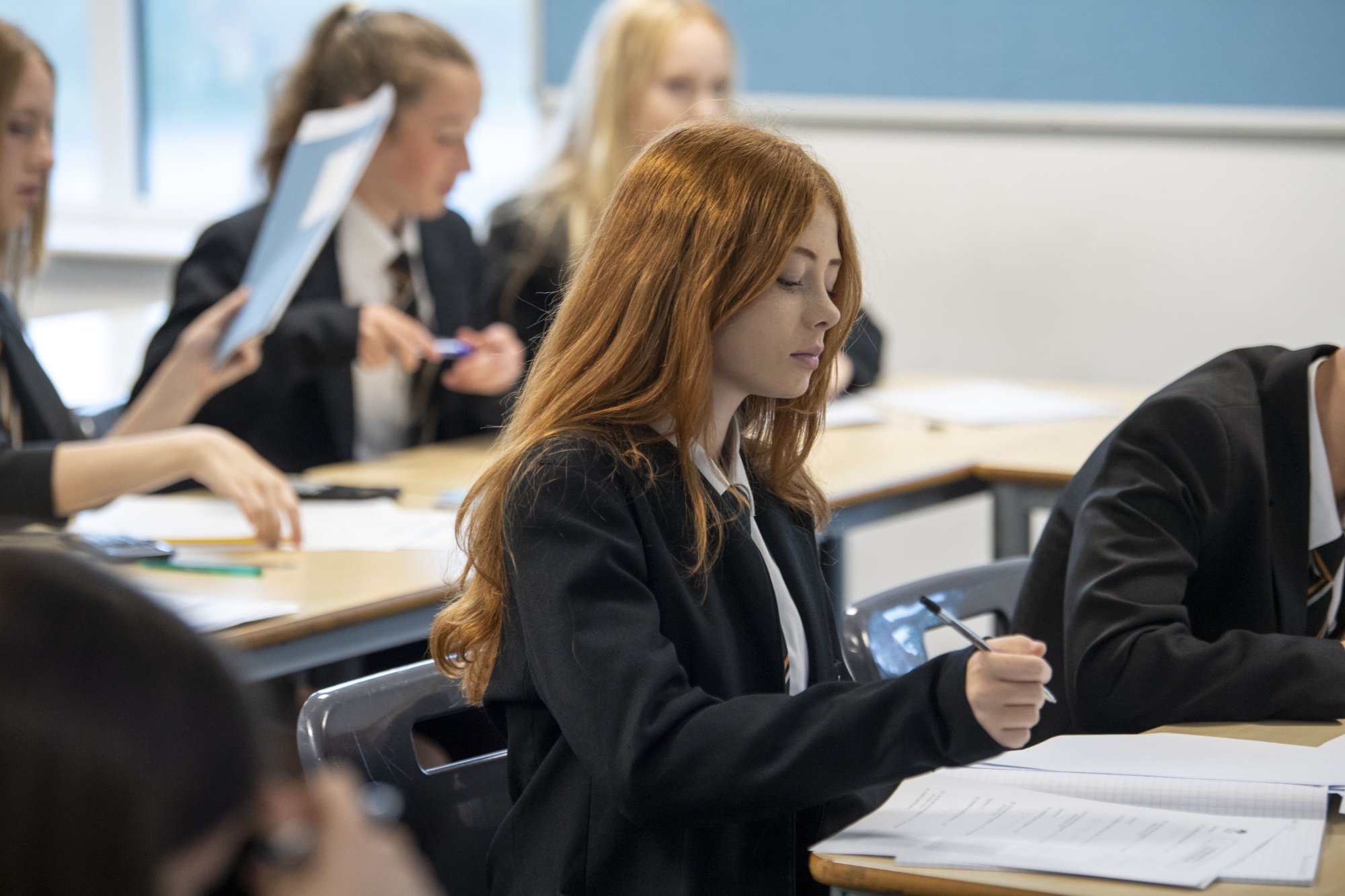
ASPIRE
French

Year 7
In Year 7 students start to use phonics and sounding out the alphabet to support them in the correct pronunciation of the French language, for example speaking and reading texts aloud. They progress to being able to introduce themselves and give some basic information about themselves. During the course of year 7 they will study 4 areas pertinent to their life. They will focus on understanding and expressing descriptions and opinions. Grammatical knowledge will be built upon with key structures to each topic, such as adjectives and time, alongside a study of knowledge which is transferable and relevant for future learning such as opinions and verb conjugation. Continual skill development will occur through the inclusion of the four key areas of listening, speaking, reading and writing. Students will make links between these areas to develop their understanding of how languages work. A range of skills within these key areas will be developed throughout each unit with repeated practice. Each assessment will be used to inform future learning in the next unit, allowing teachers to focus on areas of knowledge and understanding which may need more practice.
Year 8
In Year 8 students will begin the year learning to talk about places in their town or village. They will learn how to use the near future tense and also use 2 tenses together. They will progress to also using the past tense in term two, whilst talking about holidays. In term 3 they will use all three tenses together for the topic of free time activities. They will study 4 areas pertinent to their life. They will focus on understanding and expressing descriptions and opinions. Grammatical knowledge will be built upon with key structures to each topic, such as adjectives and time, alongside a study of knowledge which is transferable and relevant for future learning such as opinions and verb conjugation. Continual skill development will occur through the inclusion of the four key areas of listening, speaking, reading and writing. Students will make links between these areas to develop their understanding of how languages work. A range of skills within these key areas will be developed throughout each unit with repeated practice. Each assessment will be used to inform future learning in the next unit, allowing teachers to focus on areas of knowledge and understanding which may need more practice.
Year 9
In Year 9 students will start the year by developing their skills in talking about where they live. They will progress to using modal verbs and reflexive verbs. They will also study sports and some injuries that sport can cause whilst learning about the body. They will progress to some preparation for Key stage 4 by studying how to further talk about themselves, family and friends and where they live. They will study 3 areas pertinent to their life. They will focus on understanding and expressing descriptions and opinions. Grammatical knowledge will be built upon with key structures to each topic, such as adjectives and time, alongside a study of knowledge which is transferable and relevant for future learning such as opinions and verb conjugation. Continual skill development will occur through the inclusion of the four key areas of listening, speaking, reading and writing. Students will make links between these areas to develop their understanding of how languages work. A range of skills within these key areas will be developed throughout each unit with repeated practice. Each assessment will be used to inform future learning in the next unit, allowing teachers to focus on areas of knowledge and understanding which may need more practice.
Year 10
In Year 10, students will study using 4 skills as prescribed by the AQA exam board. They will focus on understanding and expressing descriptions, opinions and building their knowledge on how phonics support language learning. A focus on grammatical knowledge will build upon providing reinforcement from KS3, alongside understanding and application of more complex structures and verb conjugation. Continual skill development will occur through the inclusion of the four key areas of listening, speaking, reading and writing. Students will make links between these areas to develop their understanding of how languages work. A range of skills within these key areas will be developed throughout each unit with repeated practise. Each assessment will focus on 2 particular exam skill elements usually a productive skill as these are commonly the hardest for students. This allows students and teachers to see particular areas of strength and areas to work on in terms of knowledge, understanding and skill.
Year 11
In Year 11 students will study 4 units as prescribed by the AQA exam board. They will focus on understanding and expressing descriptions and opinions. Grammatical knowledge will be built upon providing reinforcement from KS3, alongside understanding and application of more complex structures and verb conjugation. Continual skill development will occur through the inclusion of the four key areas of listening, speaking, reading and writing. Students will make links between these areas to develop their understanding of how languages work. A range of skills within these key areas will be developed throughout each unit with repeated practice. Each assessment will focus on 2 particular exam skill elements usually a productive skill as these are commonly the hardest for students. This allows students and teachers to see particular areas of strength and areas to work on in terms of knowledge, understanding and skill. At the end of term 1 pupils will do a mini mock and in the middle of term 2 a full mock. At these times there will therefore be a much greater focus on the examination papers and past questions as well as revision of past topics.
Learning Journeys
Year 7 French Learning Journey
Year 8 French Learning Journey
Year 9 French Learning Journey
For further information about our French curriculum, please contact Mr W Davidson, Head of Humanities and MFL, by emailing wdavidson@westcraven.co.uk or phoning the main office to arrange a call back.